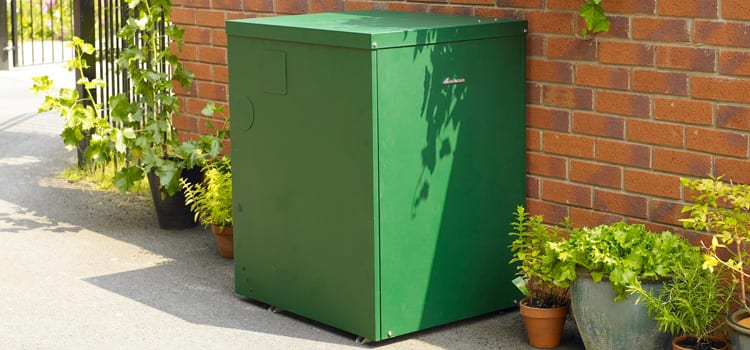Oil / Gas Boiler Replacement Grants Available Through SEAI

Boiler Replacement Grants Save up to 20% on your gas bill and get one of the boiler grants when replacing your gas boiler or oil boiler. You must apply for the SEAI grant in advance of any work being undertaken. Now is an ideal time to replace an old and inefficient gas or oil boiler […]
Annual Oil Boiler Service Checklist

It is highly recommended that you get your oil boiler serviced once per year and the engineer should follow the steps in the oil boiler service checklist. An oil boiler service guarantees that your heating system is running at its optimum levels of efficiency and makes sure that no oil (and, to that end, money) […]